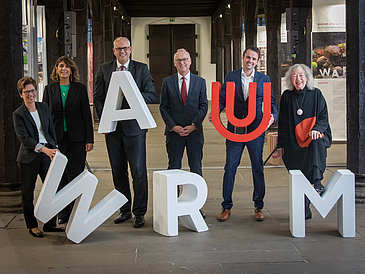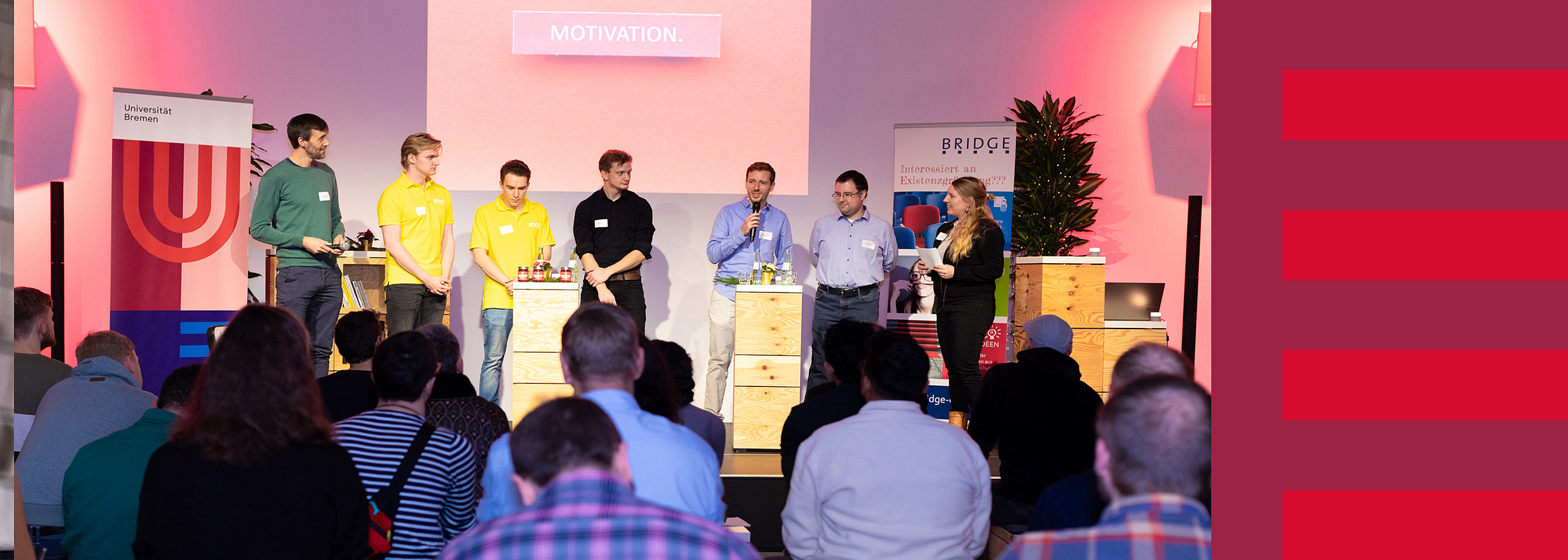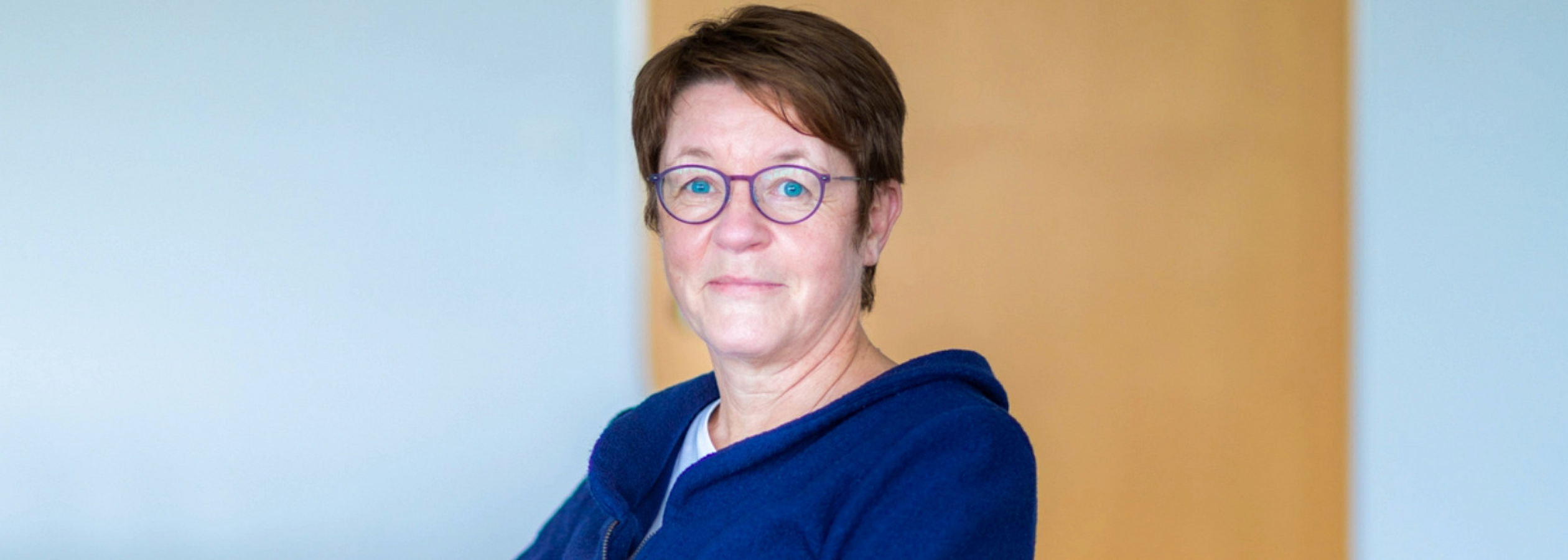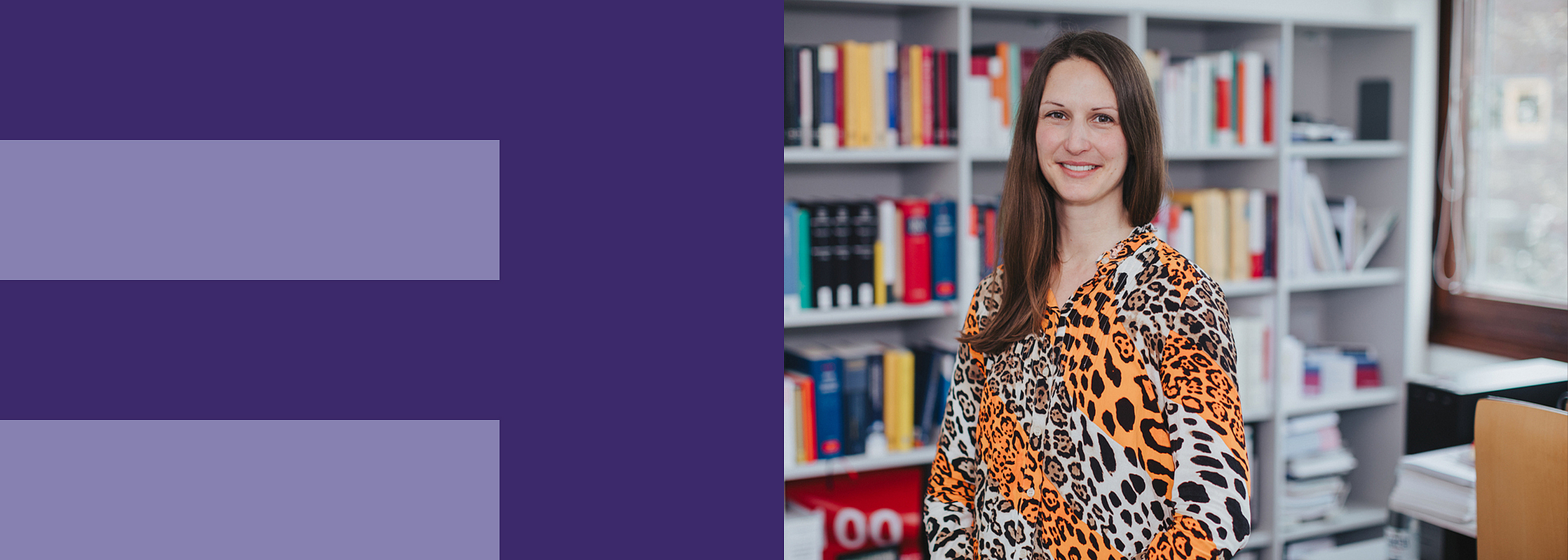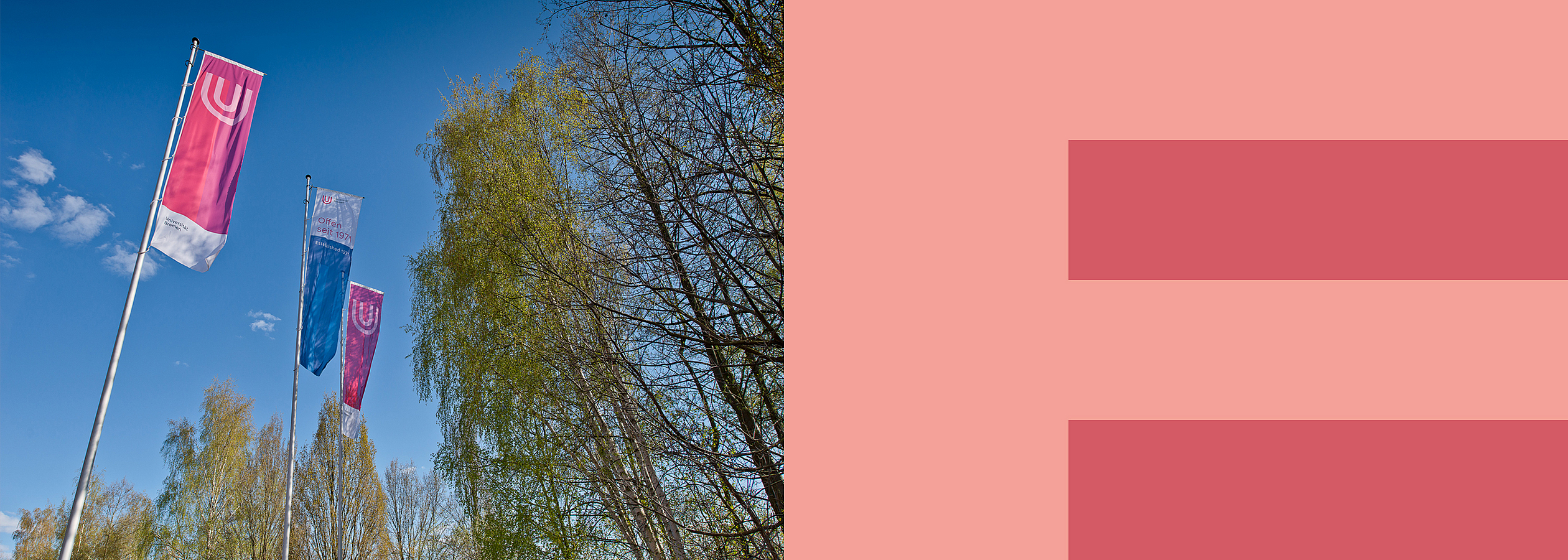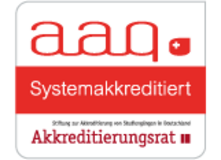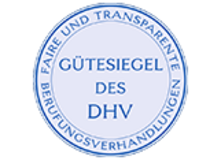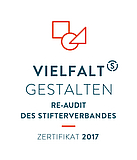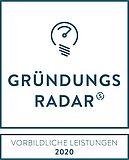In his speech, Bovenschulte appeared astounded by the fact that a university had not been established much earlier in Bremen: “Sometimes, I ask myself why this city full of tradition did not found a university in the 18th or 19h century. The merchants were not fans of the idea - that much is clear. They did not want anything disturbing the peace and no extravagant fellows in Bremen. This was a sorry failure in history.” Subsequently, the “50 Reasons WHY” exhibition was opened in the lower town hall.
Additionally, a panel discussion with Senator for Science Dr. Claudia Schilling took place. She summarized the university’s strengths concisely in one sentence: “Our university stands for the internationalization of teaching and research, for gender equality, for climate and environment-friendly research and actions.” Professor Scholz-Reiter made it clear what 50 years of the University of Bremen means: The university that started with 459 students has turned into a European research university with more than 19,000 students. It did this “with the 140-meter high Drop Tower as our landmark, which has become a permanent part of the Bremen horizon.”
Mayor Bovenschulte: Bremen without a University Is Unthinkable
Mayor Bovenschulte reminisced that the University of Bremen was founded in politically turbulent years: “In times when the student protests were beginning to slowly fade away, when there was a sense of transformation in society, and when the youth rebelled against the old, the university’s beginning period could not have been anything other than turbulent.” The circumstances did not stop the university’s academic rise and success as a university once vilified as a “commie training center.” Only 15 years after its establishment, the university was accepted by the German Research Foundation, emphasized Bovenschulte: “In the following years, institutes from all well-known German research facilities and societies settled on the campus. The majority of the third-party funding that the Bremen researchers acquire stems from the large research societies - and less from industrial sponsors. The university is the national leader in third-party funding acquisition.” Bovenschulte’s summary: “Bremen without a university is unthinkable 50 years after its founding. It is impossible to imagine it but - and this is the great thing - one does not want to imagine it. The higher education institutes, with thousands of jobs in research and society, attract young people.”
For Mayor Bovenschulte - a former student and former AStA student union head at the University of Bremen - it is important that the university has not become a “streamlined ‘obedient’ university” in this way: “Rather, the university and the senate were successful in creating internationally renowned and new natural sciences and engineering areas – and not just one. They were also successful in maintaining and promoting the available social sciences with their critical questioning and research approaches. The results of this are also internationally recognized.” Research on the safety of nuclear technology was carried out at a very early point in Bremen - maybe even before anyone else had done so.
For Bovenschulte, another special feature, which was already pioneering in 1988 and is still exemplary today, plays a part in the university’s path to success: The establishment of the Technology Park at the university. In this way, the university became an economic factor. The university’s Technology Park is one of the largest in Germany today and the Bremen Innovation and Technology Centre (BITZ) is still a functioning start-up center. Bovenschulte: “Thanks to the cooperation between science and business - and quite specifically the establishment of university-initiated businesses a stone’s throw away from the campus - a relevant and growing contribution to the value of Bremen has been made since then.”
Impressive Numbers: “The University Gives a Great Deal Back to City”
Science is a category of its own. However, Bremen’s science system can be described using impressive numbers: 24,000 jobs and 40,000 citizens are connected both directly and indirectly, 38,000 students bring 217 million euros of annual purchasing power with them, 1.5 billion euros of added value are created in the system, as are 205 million euros of yearly tax revenue. Bovenschulte: “These numbers might be rough but they clearly show one thing: The university gives a great deal back to the city.”
The university’s success story also has other effects: The university itself is growing - there are increasing numbers of scientific societies, institutes, and companies close to the university. Space is becoming tight. Bovenschulte: “I hope that we take a further step away from the ivory tower and help the university to open itself more for society - namely Bremen’s urban society. The large project focused on this has the working title ‘Uni an den Brill,’ which mainly means the moving of the social sciences.” If the plan can be realized and funded, “it would be the demonstrative opening of the university for society, comparable to the opening of the university for business via the Technology park.”
Senator for Science Dr. Claudia Schilling Praises University’s DNA
During the panel discussion in Bremen Town Hall, which was held as part of the celebration ceremony, the Senator for Science and Ports, Dr. Claudia Schilling, explained her future visions for the University of Bremen to the host, Jan-Martin Wiarda. “The university is a place of searching and trying, it is about research and discovery, shaping society, business, and our world,” she stated. “I am happy about the eventful early years - they were years of transformation. Said years strongly influenced our Bremen university and shaped its entirely unique DNA. It is a DNA that to a certain extent makes the university focused on the future. This means that the University of Bremen is a forward-looking university that stands on a stable 50-year foundation: The “Bremen Model” for the university was even future-oriented back then - despite it being massively criticized,” explained the Senator for Science.
In its early days - when the word that is used so frequently today was not even used to convey excellence -, the University of Bremen was a “lighthouse.” The university had great charisma and was a source of inspiration for other universities. “The university in Bremen, which was harshly criticized at the time, pushed forward with many new innovations that other universities in Germany had yet to implement: An interdisciplinary nature, research-based learning in projects, orientation towards practical work, and a responsibility towards society. And today, 50 years later, the students at the university come from 120 countries,” underscored the Senator for Science. “The University of Bremen has become a truly international scientific institution. I am sure that the university does not only have 50 great years behind it but also many great years ahead.”
President Scholz-Reiter: Reform Shaped Establishment
The University of Bremen was founded with the ambition to be a reform university that wanted to be different, emphasized Professor Bernd Scholz-Reiter: “not arrogant, not pretentious, not unapproachable, simply not a professor-led university.” One concentrated on the substance of the matter instead: “The reform ideal, the breaking down of educational barriers, one-third parity, project studies, and the alignment with social research topics.”
With a nod to the national and international guests from the science community at the ceremony, Scholz-Reiter underscored that it is the strong cooperation partners who enable the university to reach its full potential - whether this be in research, teaching, or in the joint solving of future tasks. “The urgent questions, for example climate and environmental protection, a peaceful European community, and the discovery of space and the deep sea, can only be answered with the help of the synergies of a sustainable cooperation network.
“YUFE Paves the Path for the Future”
“Optimizing what we already have and moving forward without fear are just as current and steadfast as they were on the first day,” stated the President. “We owe it to the history of the university that we continue to develop and focus on the future.” 50 years after its founding, the University of Bremen is now involved in creating a European University. Together with European partner universities, work is being carried out on a university entitled YUFE – Young Universities for the Future of Europe. “This is one of our most recent highlights and it paves the path for the future. We are drawing on cooperation and focusing our attention on Europe.”
Further Information:
https://www.uni-bremen.de/en/50years
www.uni-bremen.de/en/
Contact:
Christian Dohle
Press Officer for the Senate
Phone: +49 421 361-2396
Email: christian.dohleprotect me ?!sk.bremenprotect me ?!.de
Rainer Kahrs
Press Officer for the Senator for Science and Ports
Phone: +49 421 361-92713
E-Mail: rainer.kahrsprotect me ?!swh.bremenprotect me ?!.de
Sarah Batelka
University of Bremen
University Communication and Marketing
Phone: +49 421 218-60153
E-Mail: sarah.batelkaprotect me ?!uni-bremenprotect me ?!.de
